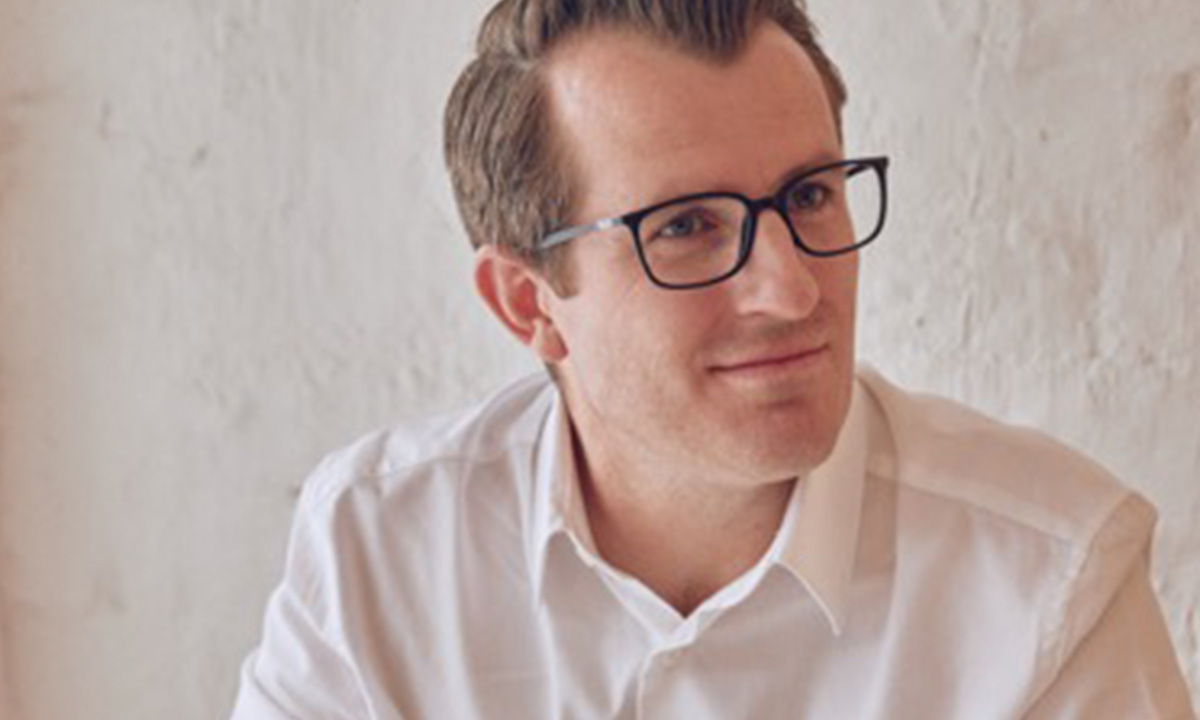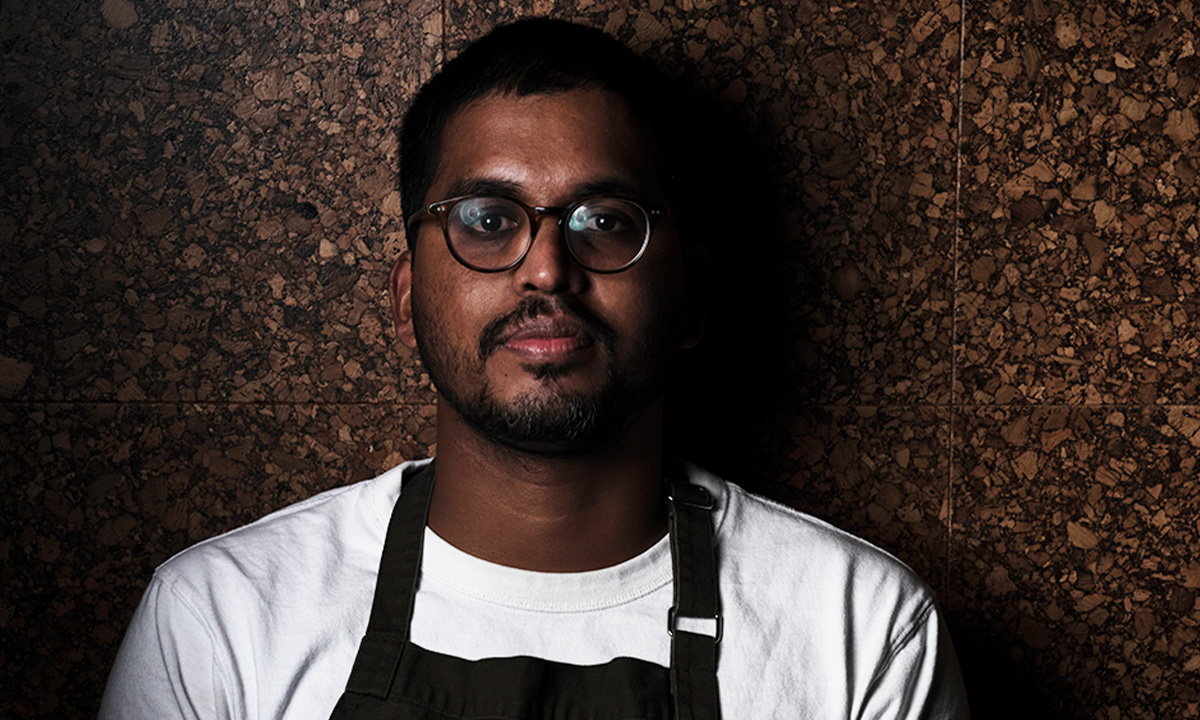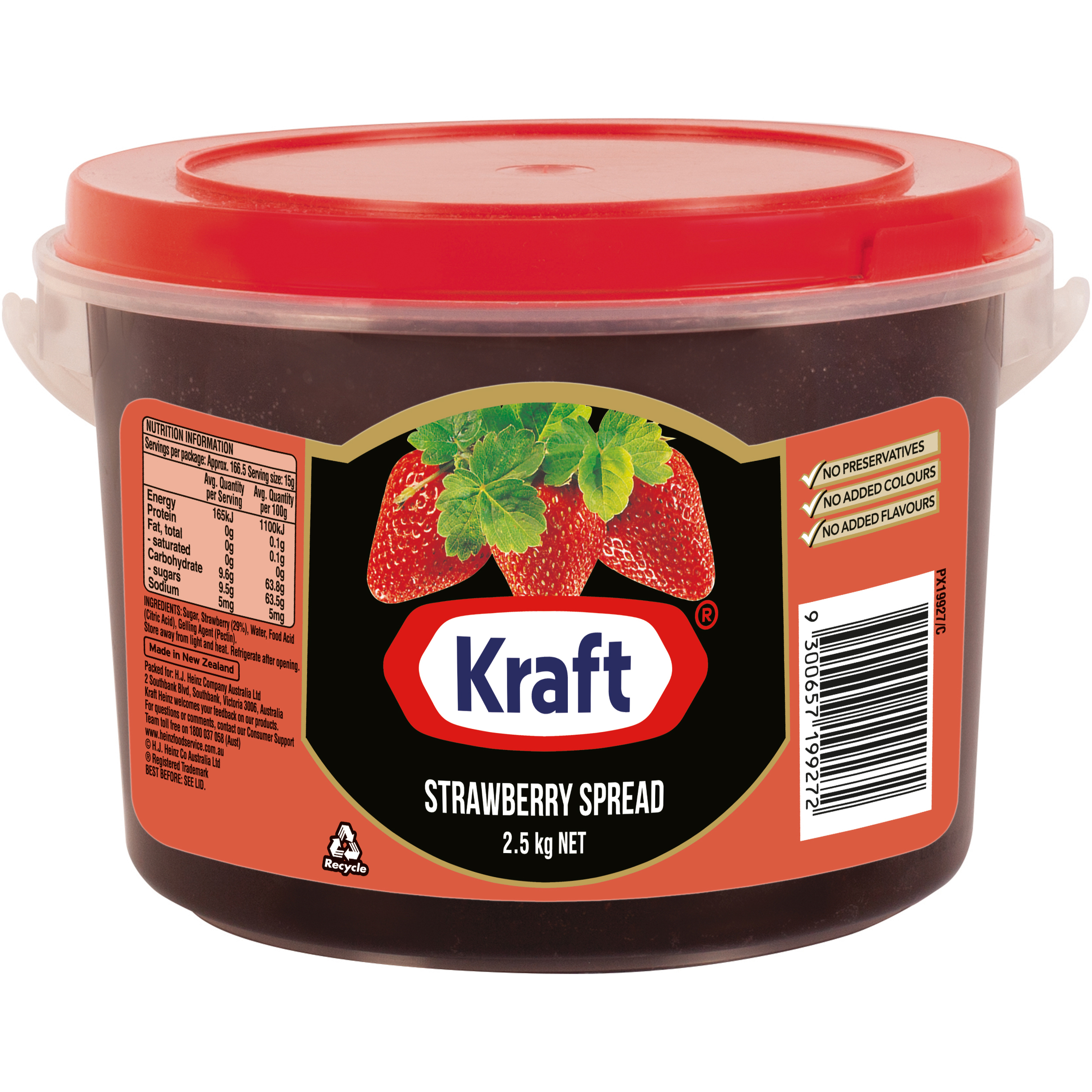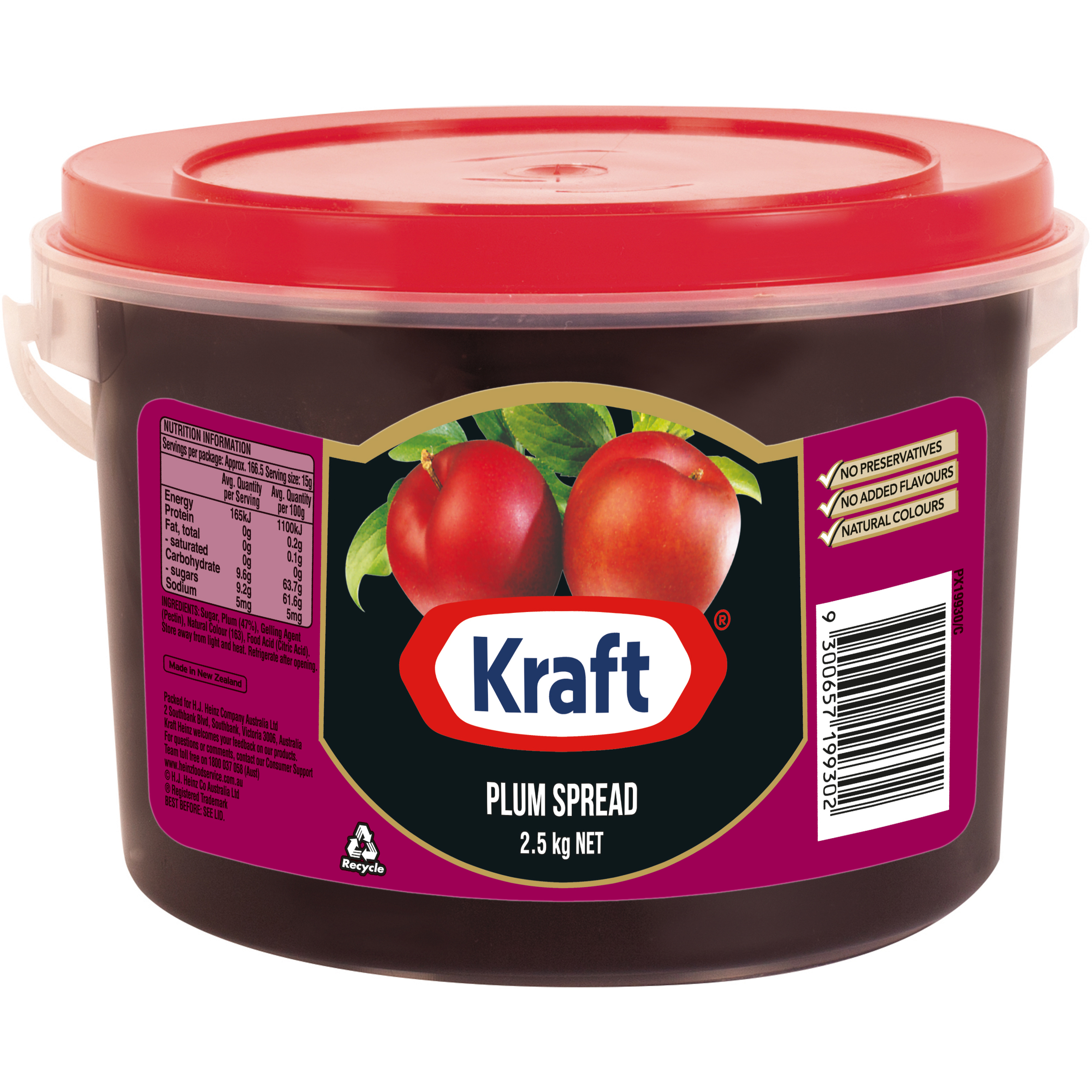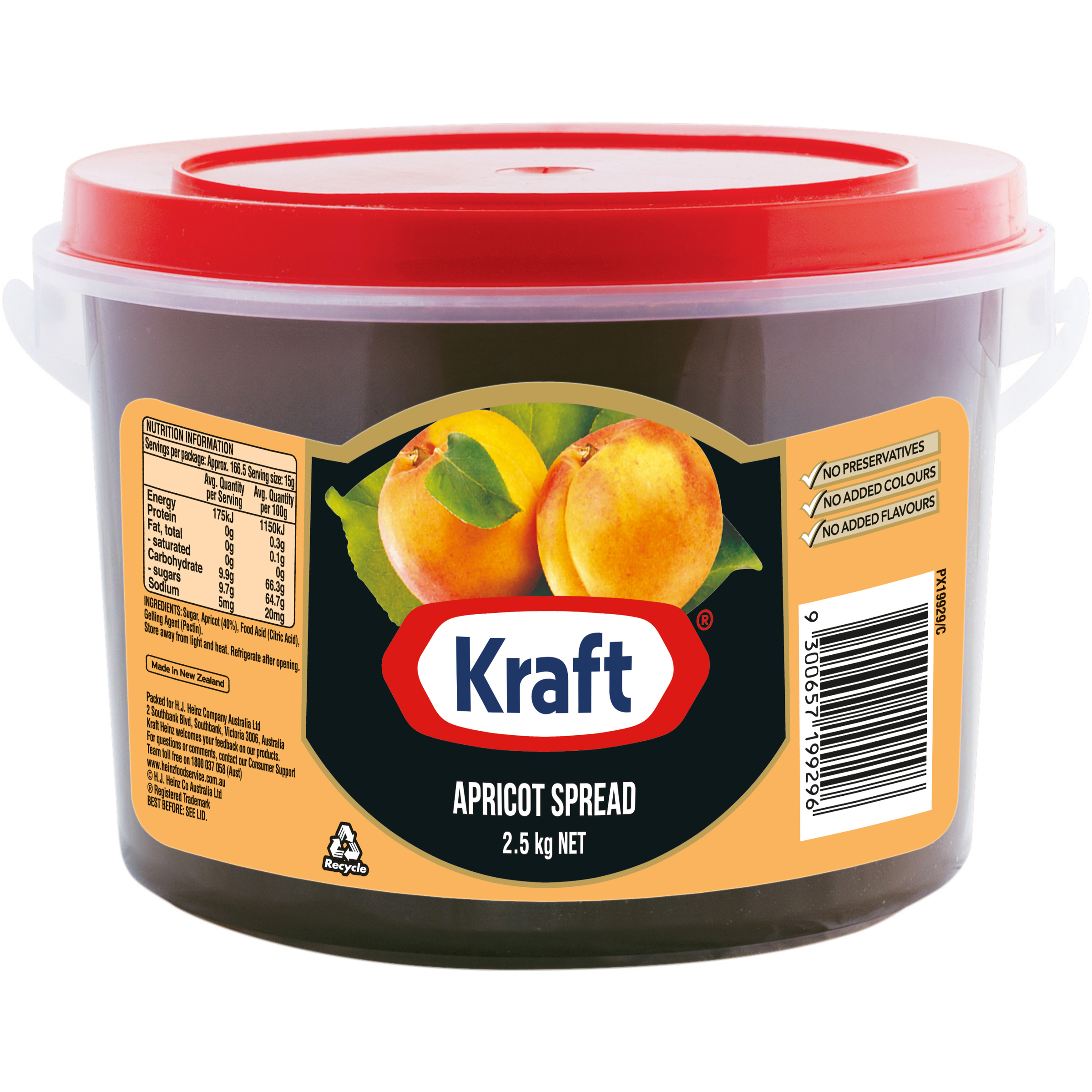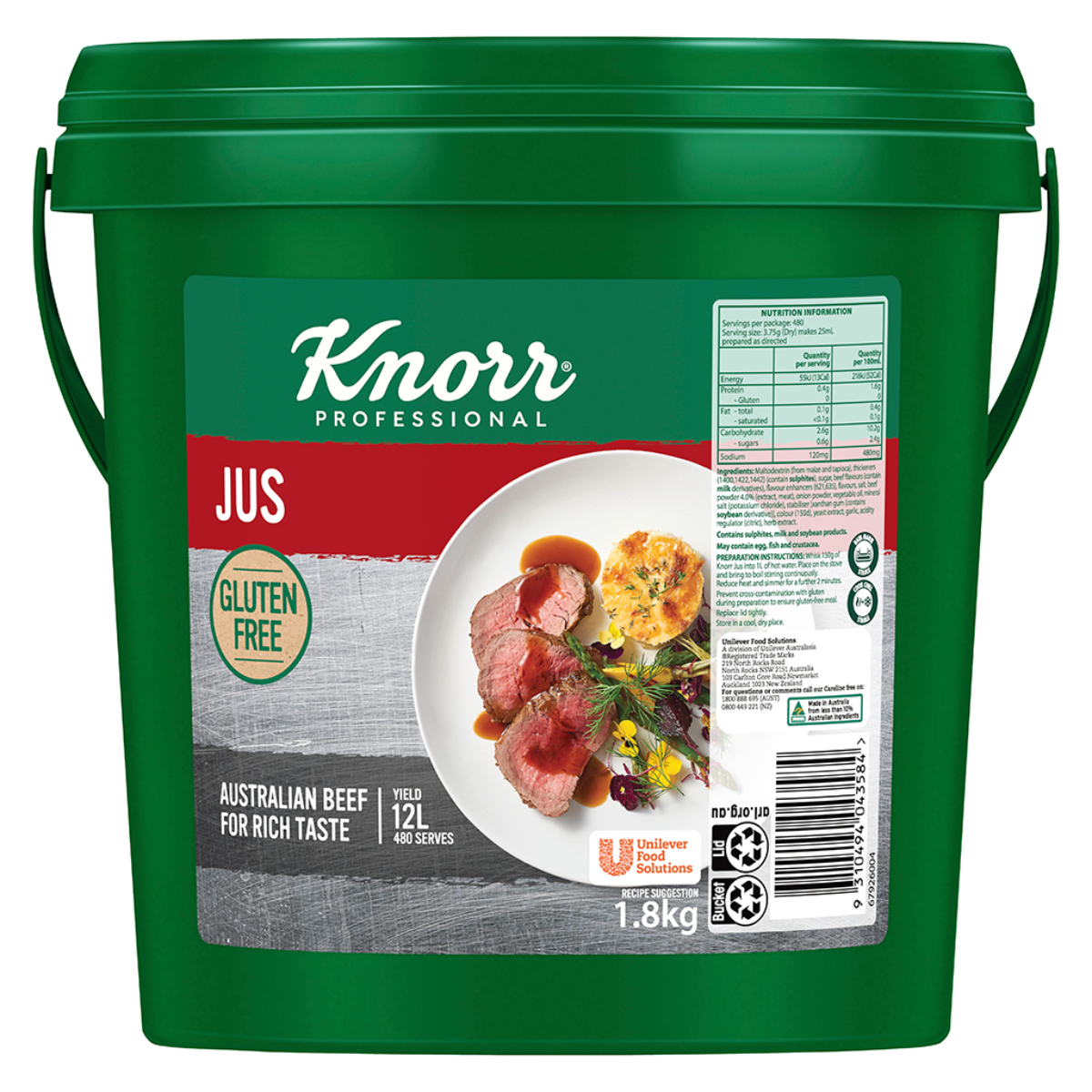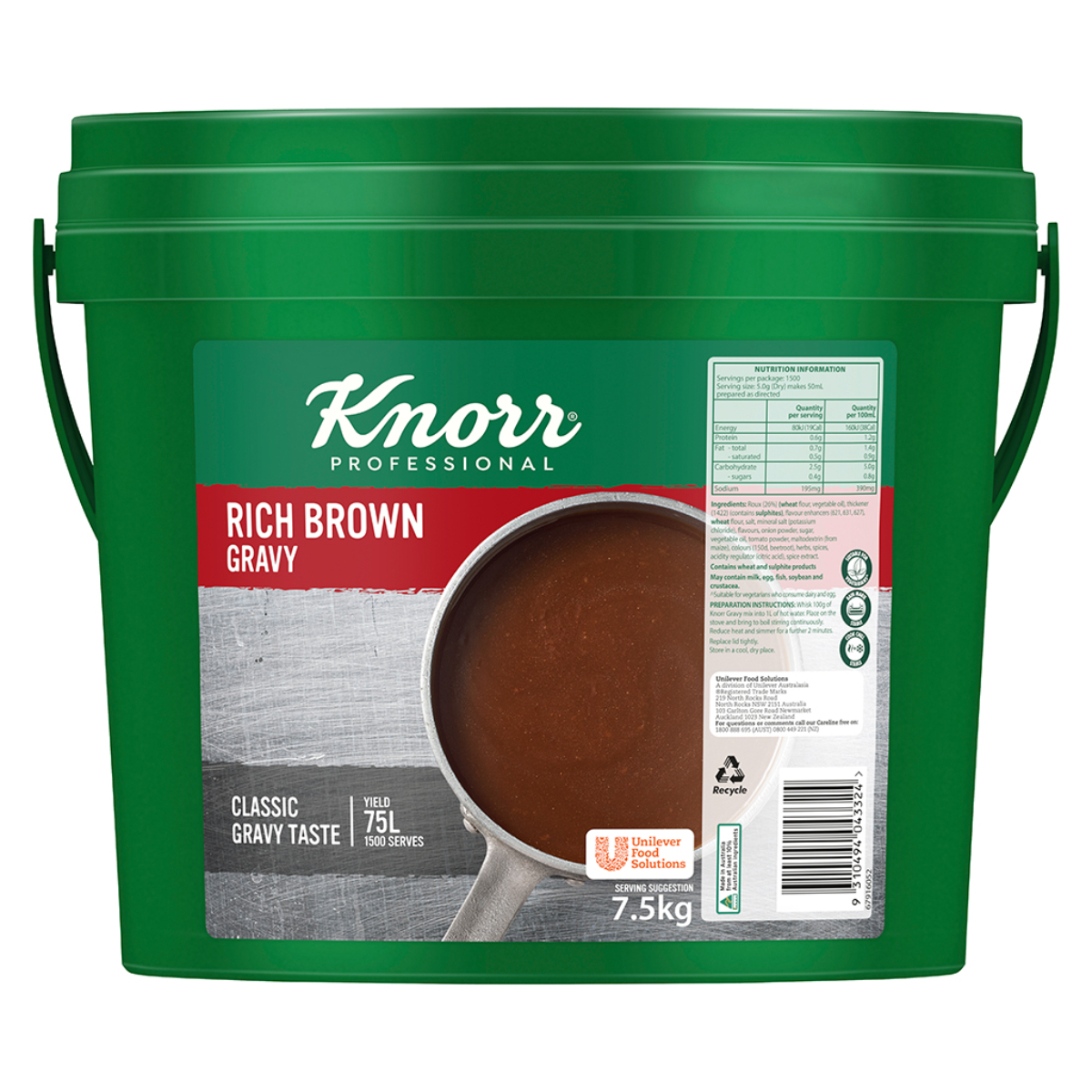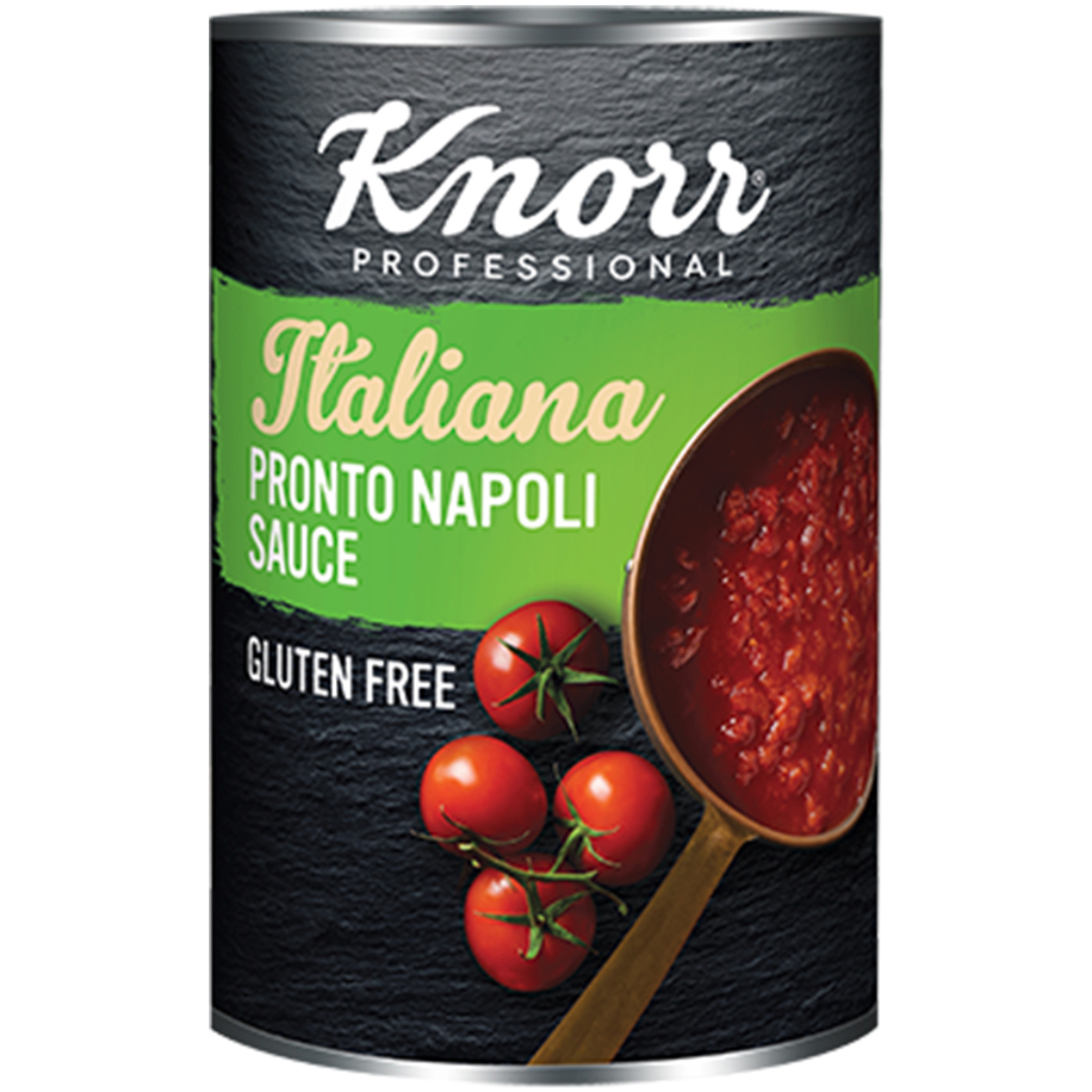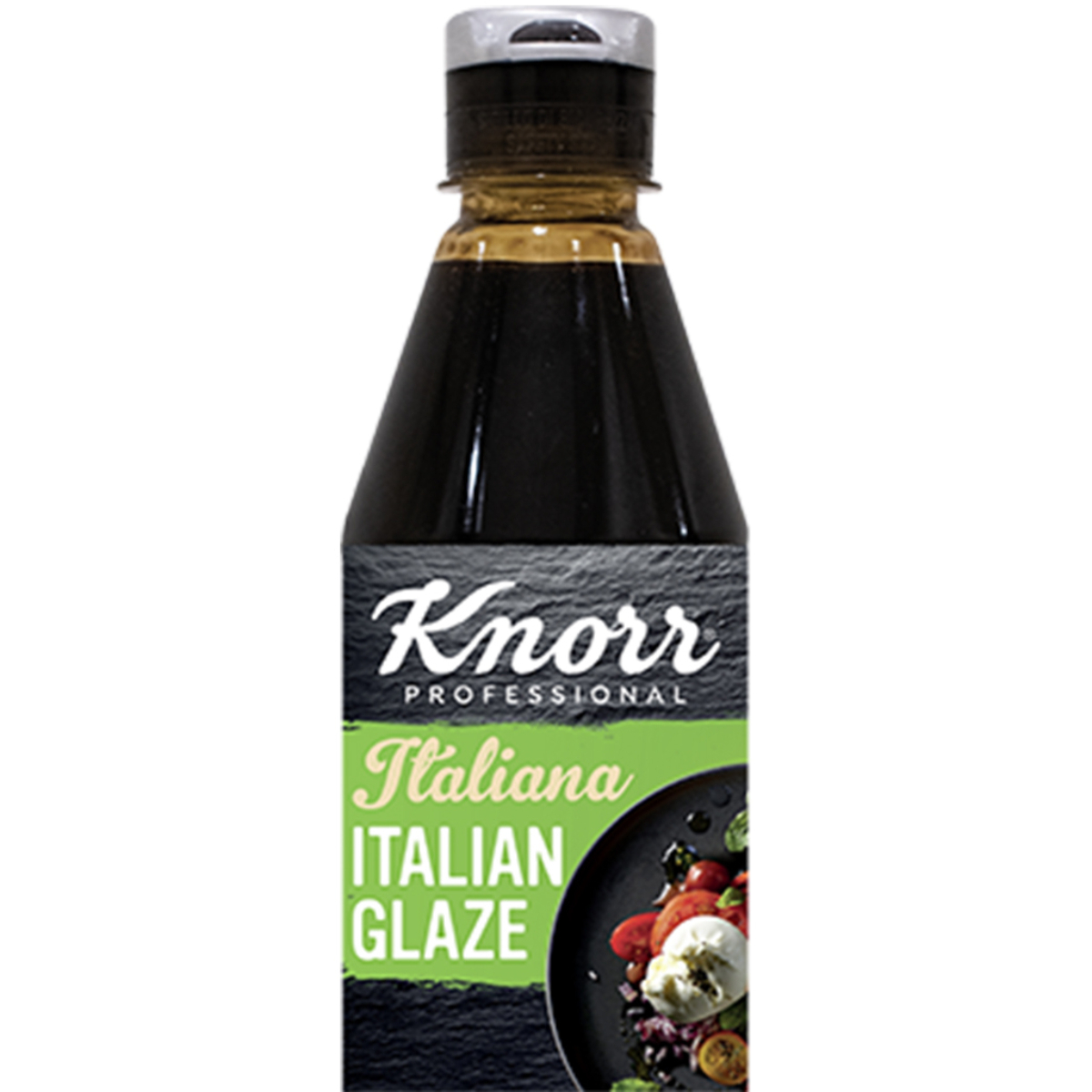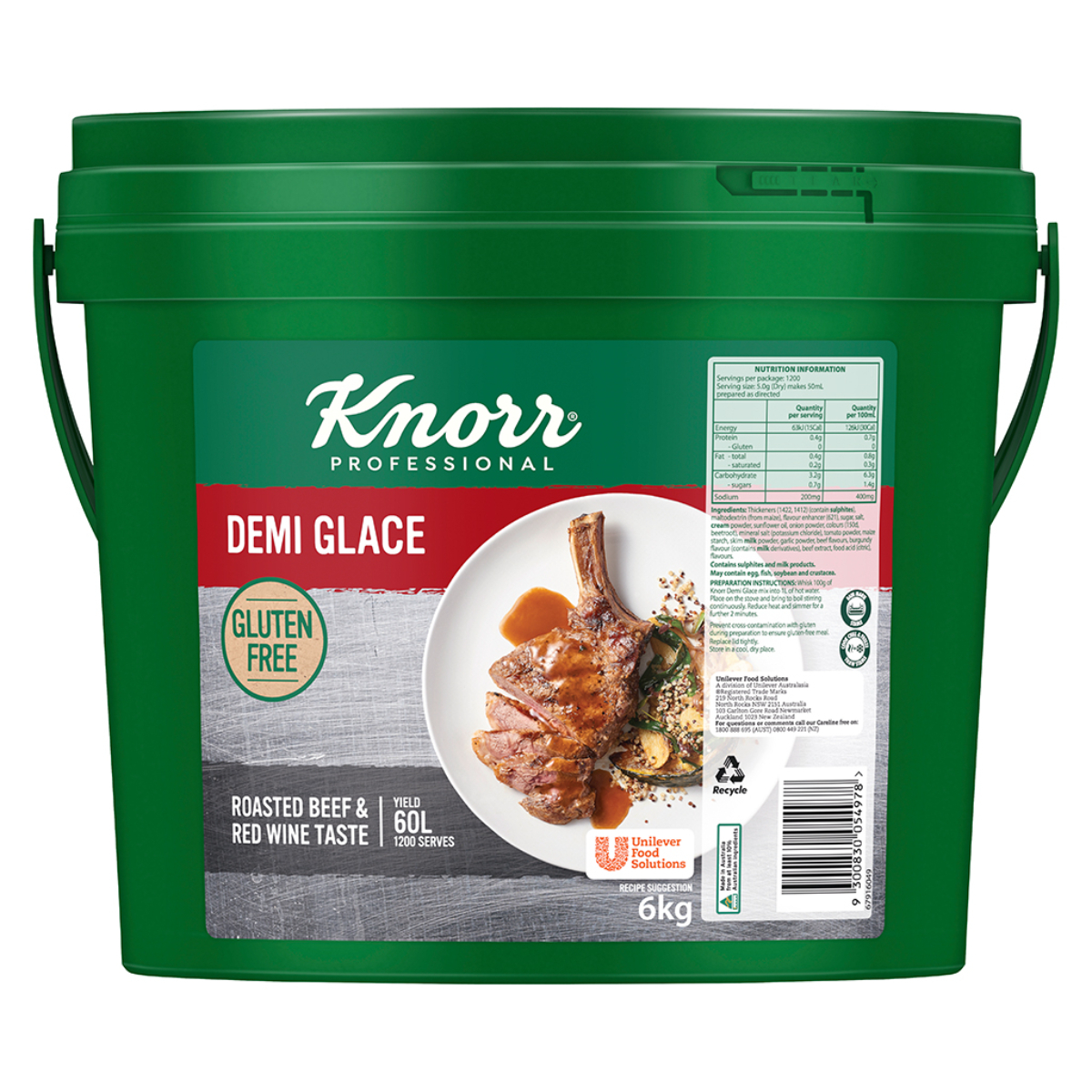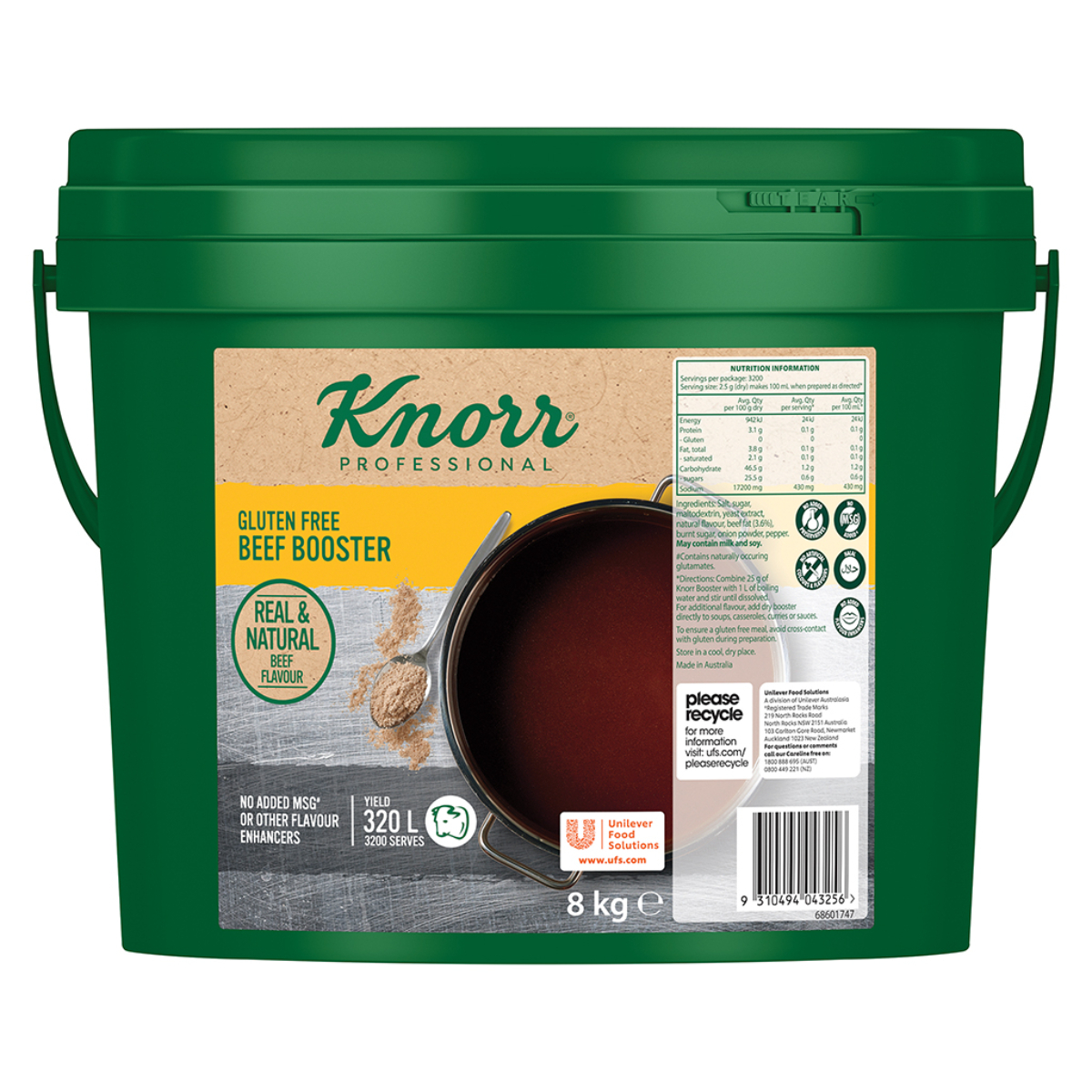Adam Brownell on taking a stand to change the industry
“It’s been really well received,” says CEO Adam Brownell of the four-day work week implemented in June 2023 at Hector’s Deli in Richmond, Melbourne. “Everyone is absolutely loving it.”
For Hector’s Deli there’s a very simple formula; full time hours split into four days of longer ten-hour shifts, broken-up by one ‘recharge’ day in the middle and rounded out by a two day ‘weekend’. The recharge and ‘weekend’ days could fall on any day of the week and are organised in consultation with the staff to make sure the roster works for everyone and includes some admin hours to balance physically demanding work.
“The resounding feedback is that the team prefers to do the additional two hours on a day for the benefit of an extra day off,” Brownell says. “We are checking in on a weekly basis with the team,” he notes, adding that the recharge day is the important part, as it allows for the staff to come back refreshed for their longer shifts, without burning out. In addition, the Hector’s team are exploring further ideas to really “break open the mould” of traditional hospitality shifts.
There is no question that the set-up is benefiting the staff and the business, with high retention of full-time staff (none have left since the four-day week was implemented) and satisfaction across the team, with only two staff opting for a five-day week for personal reasons.
“There is not a doubt in my mind that I would recommend it to other businesses… And I really hope we can prove the concept and put a bit more rigour behind it so that in the future it’s a package we can share with other people in the industry”
Elvis Abrahanowicz on doing what’s best for your business
For Elvis Abrahanowicz of the Porteno Group in Sydney’s Surry Hills, he agrees with the four-day work week as long as it’s viable for the business. The various Porteno venues implement rosters that work for the venues and staff on a case-by-case basis and include anything from longer hours over fewer days, to filling extra shifts as needed.
“For the full timers, absolutely, we work out what works best for the team,” says the chef and restaurateur.
“At the end of the day it really doesn’t make any difference, it’s how each person wants to make up their hours, and that could be doubles to leave a free day, as long as it works. It’s about juggling staff.”
His view is that as long as the shifts are covered, the work is done and the staff are taken care of, then the pattern is up to the team.
“No one is coming to us and saying specifically that they want to work four days a week,” he comments, but notes that it’s more about good working conditions across the board, with those concerns becoming more commonplace.
“We put a lot of work into the people who come in. We do training programs and work hard with them. We’re constantly working to improve.” And now that includes looking at how hours are met.
“In cheffing it’s a lot of hours doing jobs over and over again,” he says, pointing out that while how you build those hours and skills is becoming more open to discussion, the time spent in the kitchen is still key in the long run. “If it works for the business and team, then I’m all for it.”
Nagesh Seethiah on building work/life balance into your DNA
“We’ve done the four-day work week since day one when we opened, which was November 2021,” says Nagesh Seethiah, owner of Manzé in North Melbourne. Inspired by his own past in hospitality, Seethiah saw how important work/life balance really was.
“Coming out of COVID, you come to terms with how much you’re missing by working conventional restaurant hours,” says Seethia. As a result, it became important to him to build work/life balance into the DNA of his venue.
“We’re open five days a week. Typically, all the full timers work three and a half days,” he says, noting that the half day is usually a prep-day. It works out at between 40 and 42 hours per week, and no one does more than three nights.
For Seethiah he’s clear that while the four-day work week can work for other businesses, he acknowledges that there are costs he wears to create a favourable environment.
“It does come at a pretty big financial cost. As an operator I’ve come to realise – and this might be a bit controversial – that there is a lot of potential profit that comes with people working ‘reasonable overtime’ – as it tends to be called.” But it’s just not the culture that he wants to build, noting that he’d rather have a good experience with his team.
“It’s definitely a draw card when I have hiring conversations. I wouldn’t say we’re unique, but I think the fact that we’ve done it from day-one, people know that we really respect it and that it’s not a one-week-on, one-week-off thing, it’s part of what we do.”
Due to the extra day off, Seethiah believes the team comes to work refreshed and with external experiences to share.
“I value the culture and the passion associated with working [at] the restaurant, more so than trying to make money. And everyone that works here is on the same page.”


